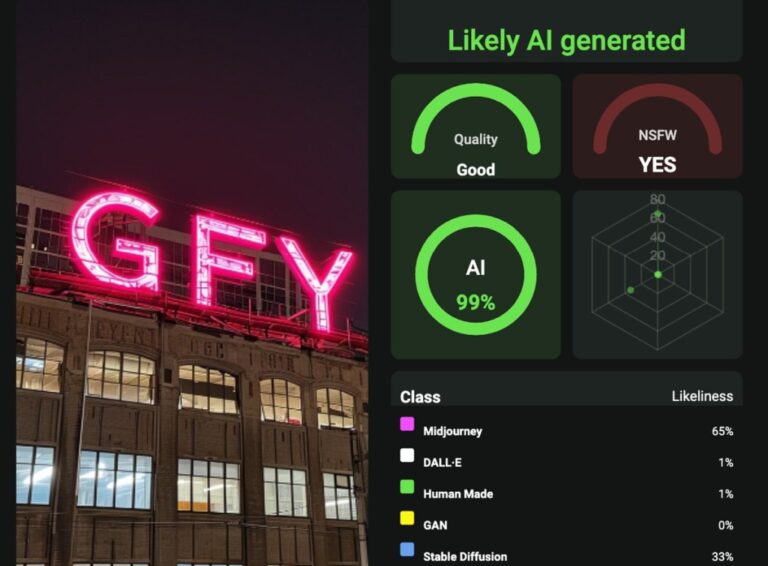Unleashing AI: Transforming AML Strategies for a Safer Banking Future
The U.S. Treasury’s Financial Crimes Enforcement Network (FinCEN) has made it imperative for financial institutions to adhere to strict reporting requirements under the Bank Secrecy Act, particularly focusing on Anti-Money Laundering (AML) protocols. This compliance is crucial for maintaining the integrity of the financial system and preventing illicit activities.
Understanding the Compliance Requirements
Financial institutions are required to follow comprehensive measures to ensure compliance with AML regulations. According to WorkFusion, these measures include:
- Thorough Customer Due Diligence: Identifying and verifying customer identities.
- Transaction Monitoring: Keeping an eye on transactions to detect suspicious activities.
- Submitting Suspicious Activity Reports (SARs): Reporting any identified suspicious activities in a timely manner.
Failure to comply with these regulations can lead to significant consequences. For instance, TD Bank faced a staggering $3 billion in fines due to AML oversights, underscoring the importance of adherence to these protocols.
The Financial Investment in AML Compliance
The financial industry currently invests approximately $275 million annually in AML compliance efforts. This investment reflects the growing need for effective compliance mechanisms. However, FinCEN acknowledges the burdensome costs associated with AML compliance and advocates for the modernization of AML and Counter Financing of Terrorism (CFT) frameworks.
The Role of Technology in AML Compliance
FinCEN’s goal is to enhance efficiency and reduce errors through technology, particularly through the use of artificial intelligence (AI). The integration of AI is being recognized as a transformative tool in AML compliance across the financial sector. According to recent studies, around 78% of financial institutions are adopting technology to streamline their operations.
Case Study: Valley Bank’s AI Implementation
A notable example of AI’s impact is Valley Bank’s recent implementation of WorkFusion’s AI Agent for automating sanctions alert adjudication. This move has resulted in significant operational improvements:
- Automated review of over 20,000 alerts monthly
- Achieved a 65% automation rate in sanctions alert reviews
- Reduced processing time for payments, enhancing the customer experience
Such enhancements highlight AI’s potential to transform transaction monitoring systems that often generate excessive false positives, leading to better resource allocation and job satisfaction among compliance staff.
Addressing Talent Shortages with AI
The persistent talent shortages in the financial sector make the adoption of AI even more critical. By taking over routine data processing tasks, AI allows human analysts to focus on complex cases that need a nuanced approach. This not only improves efficiency but also helps in retaining talent by reducing burnout and turnover in compliance departments.
Enhancing Reporting Accuracy with Machine Learning
As regulatory demands increase, the accuracy and timeliness of reports become crucial. AI and machine learning technologies significantly enhance the precision of these reports, offering deeper insights into transaction networks that may indicate money laundering activities. Consequently, this proactive risk management capability is essential for maintaining compliance and safeguarding against financial crime.
For further information on AML compliance and the role of technology, visit FinCEN’s official website and explore additional resources on WorkFusion.







